Professional Letter of Regret Template for Any Situation
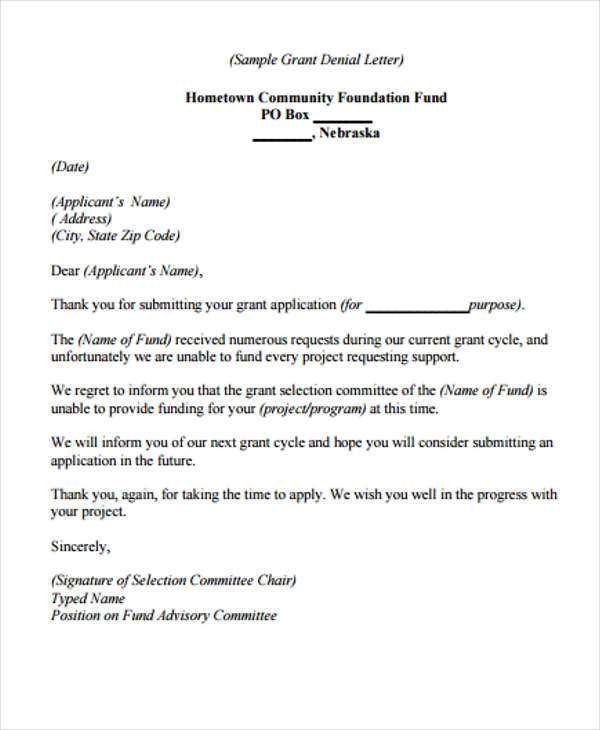
In both personal and professional communication, expressing refusal or inability to comply with a request can be a delicate task. Whether it’s turning down an invitation, rejecting an offer, or informing someone that you cannot meet their expectations, it’s important to convey your message in a way that maintains respect and preserves the relationship. A well-written refusal can leave a positive impression despite the disappointment it may cause.
Mastering the art of polite rejection ensures that the recipient understands your position while still feeling valued. It’s not just about what you say, but how you say it. A thoughtful approach to such communication can help mitigate any negative feelings, ensuring your professionalism is not questioned.
By using a structured and courteous response, you can ensure that your message is clear and considerate. Whether you are writing for business purposes or personal matters, understanding the key components of an effective response is crucial to delivering your message gracefully.
Why Use a Letter of Regret
When you need to convey a refusal or turn down a request, it’s important to do so in a respectful and thoughtful manner. A well-crafted response allows you to express your decision clearly while maintaining professionalism and courtesy. This approach helps you preserve relationships and minimize any negative impact from your refusal.
Benefits of a Polite Refusal
Using a structured response has several advantages:
- Maintains professionalism: A courteous response reflects well on your character and preserves your reputation.
- Reduces misunderstandings: Clearly communicating your reasons helps prevent confusion or ill feelings.
- Strengthens relationships: By showing empathy and understanding, you can turn a negative situation into a positive one.
When You Might Need a Formal Response
There are various situations where such a response can be beneficial, including:
- Declining a job offer or interview invitation
- Refusing an invitation to an event
- Turning down a business proposal or partnership
- Informing someone of an inability to fulfill a request
In each case, crafting a polite message will help maintain the integrity of your professional and personal relationships. A considerate response shows that you value the other party’s efforts and time, even if the outcome isn’t as they had hoped.
Key Elements of a Regret Letter
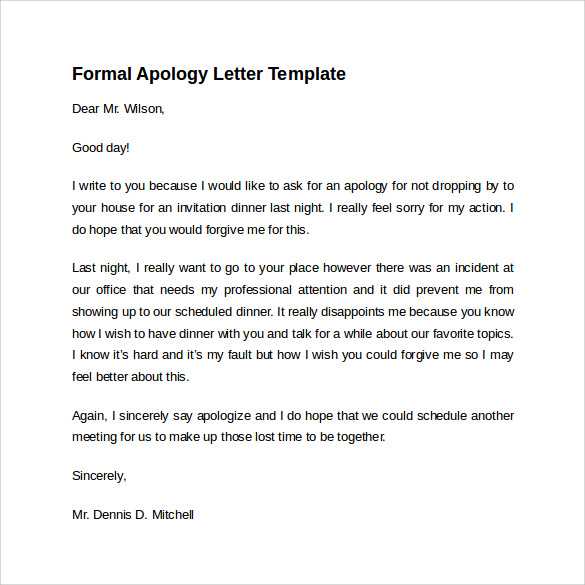
When you need to communicate a refusal or inability to meet someone’s expectations, the structure of your message plays a significant role in ensuring it is received well. A carefully written response includes several crucial components that ensure your message is clear, respectful, and thoughtful. These elements help you convey your decision while preserving relationships and showing empathy.
Clarity and conciseness are essential to avoid misunderstandings. A well-organized response should be direct, yet sensitive to the situation at hand. It is important to state the purpose of the message early, offering the necessary context while maintaining a tone that is both professional and polite.
Another key element is expressing appreciation for the opportunity or request, even if you are unable to accept it. Showing gratitude demonstrates respect for the other party’s time and effort, which can help soften the impact of your refusal.
Providing a reason for your decision is not always required, but when appropriate, offering a brief and honest explanation can enhance your response. This helps the other party understand your position without feeling rejected or disregarded.
Lastly, extending an open door for future interaction when applicable is a valuable way to end the message. Offering to stay in touch or suggesting alternative solutions can leave the conversation on a positive note, maintaining goodwill for potential future opportunities.
How to Write a Polite Decline
Crafting a respectful and tactful refusal is essential when responding to requests, invitations, or offers. It is important to maintain professionalism while delivering a clear message. A well-structured response ensures that the recipient feels valued, even when the outcome isn’t what they had hoped for.
Start with Gratitude
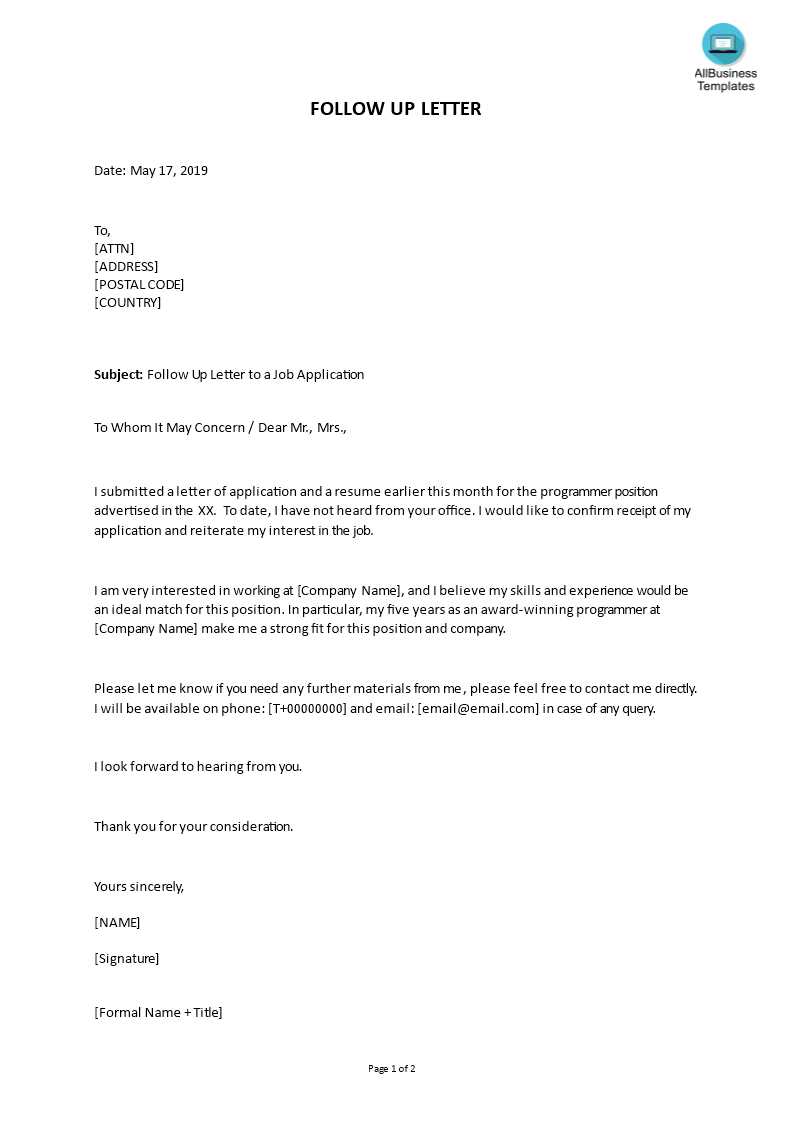
One of the best ways to begin is by expressing sincere thanks for the offer or request. Acknowledging the effort made by the other party sets a positive tone for the response. Even though you are declining, a simple note of appreciation can make a significant difference in how your decision is received.
Be Clear and Direct
While it is important to be polite, you should also be straightforward about your decision. Avoid unnecessary ambiguity or lengthy explanations that could confuse the message. A clear and direct response helps the other party understand your position without any uncertainty.
Provide a Reason (Optional) – If you feel it is appropriate, offering a brief reason for your refusal can show that your decision is thoughtful. However, avoid over-explaining, as a simple, honest statement is often sufficient.
Close on a Positive Note – Conclude your response by keeping the door open for future possibilities. Whether suggesting an alternative solution or expressing interest in staying connected, this ending can leave the conversation on a respectful and hopeful note.
Examples of Regretful Responses
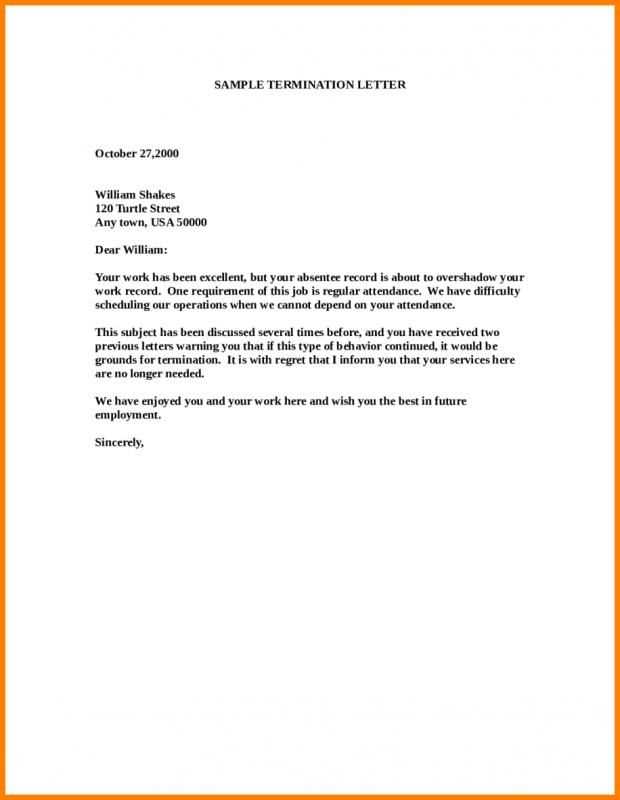
Knowing how to frame a polite refusal can make all the difference in how your message is received. A well-crafted response demonstrates respect for the recipient’s request while conveying your decision clearly. Below are a few examples that show how to express a thoughtful “no” in various situations.
Example 1: Declining a Job Offer
“Thank you very much for offering me the position of [Job Title] at [Company Name]. After careful consideration, I have decided to pursue another opportunity that aligns more closely with my career goals. I truly appreciate the time and effort you invested in getting to know me, and I hope our paths may cross again in the future.”
Example 2: Turning Down an Invitation
“I greatly appreciate the invitation to [Event/Occasion]. Unfortunately, due to prior commitments, I will not be able to attend. I hope you have a wonderful time, and thank you again for thinking of me. Please keep me in mind for future events.”
Example 3: Rejecting a Business Proposal
“Thank you for presenting your proposal to us. After careful review, we have decided not to move forward with your offer at this time. While your ideas are compelling, they do not align with our current business needs. We truly value your interest in collaborating and hope we may have the chance to work together in the future.”
These examples demonstrate how to respectfully decline an offer or request while leaving the door open for future opportunities. Crafting a polite response like these can help maintain strong relationships even when saying no.
Common Mistakes to Avoid
When crafting a message to politely decline an offer or request, it’s important to avoid certain errors that can lead to misunderstandings or damage to relationships. Paying attention to tone, clarity, and structure ensures that your response is well-received. Below are some common mistakes to steer clear of when writing a refusal.
Overly Vague Language
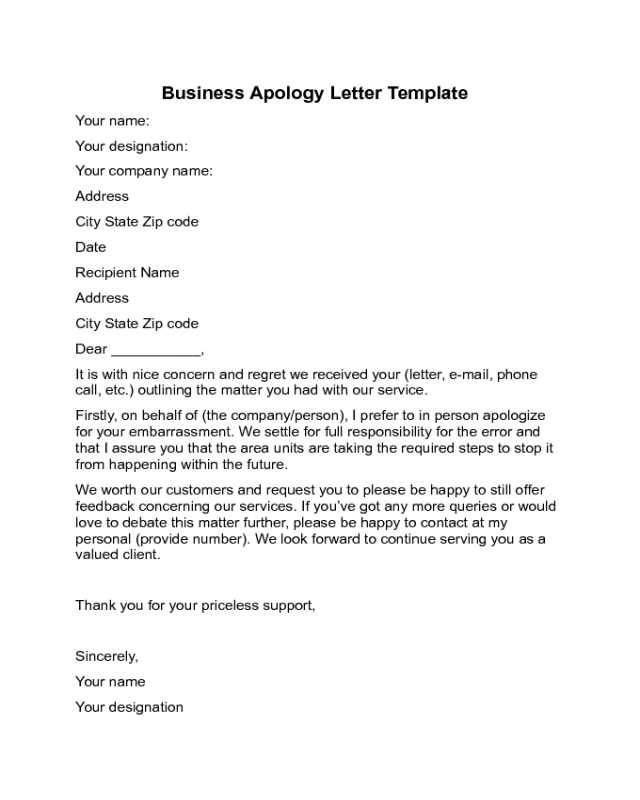
Using vague language can leave the recipient confused or unsure about the reason for your refusal. Being too ambiguous may come across as insincere or evasive. It’s essential to be clear while maintaining a respectful tone.
Excessive Apologies
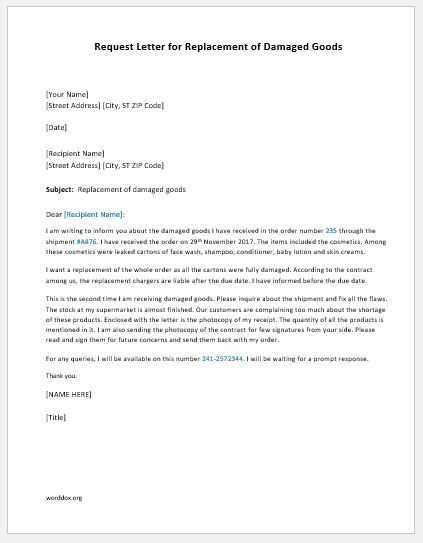
While it’s important to be considerate, apologizing too much can make the message sound less confident and unnecessarily negative. Keep your tone respectful but avoid over-apologizing, as this may weaken the professionalism of your response.
| Common Mistake | Why It Should Be Avoided | Correct Approach |
|---|---|---|
| Vague Explanations | May cause confusion and misinterpretation | Be clear about the reason without over-explaining |
| Over-Apologizing | Weakens the message and may sound insincere | Be polite and brief in your apology |
| Being Too Harsh | Can damage relationships | Maintain a balanced tone with empathy |
| Ignoring the Recipient’s Effort | May seem disrespectful or ungrateful | Express appreciation for the offer or request |
Avoiding these pitfalls ensures that your response is professional, clear, and respectful. By addressing the issue thoughtfully and using the right tone, you can prevent any negative fallout from your decision.
When to Send a Letter of Regret
Knowing when to communicate a polite refusal is just as important as how to phrase it. In various situations, a thoughtful and timely response can help maintain strong relationships and show respect for the other party. Delaying or avoiding a response can leave the recipient uncertain or dissatisfied, while acting too quickly without proper consideration can seem abrupt or careless.
Declining Offers or Invitations
If you are unable to accept an invitation, job offer, or opportunity, it is essential to respond as soon as possible. Sending your decision promptly demonstrates professionalism and allows the other party to make necessary adjustments or move forward with their plans. Whether it’s turning down an invitation to an event or politely rejecting a job offer, timely communication is crucial.
Responding to Requests or Proposals
When turning down a business proposal or refusing to meet a request, make sure to respond promptly and respectfully. Ignoring or delaying a response can create confusion or frustration, potentially damaging future interactions. A quick and courteous refusal shows that you value the other party’s time and effort.
In both personal and professional contexts, sending a polite refusal message at the right time helps to foster understanding and maintain positive relationships. Being timely in your communication reflects well on your professionalism and thoughtfulness.